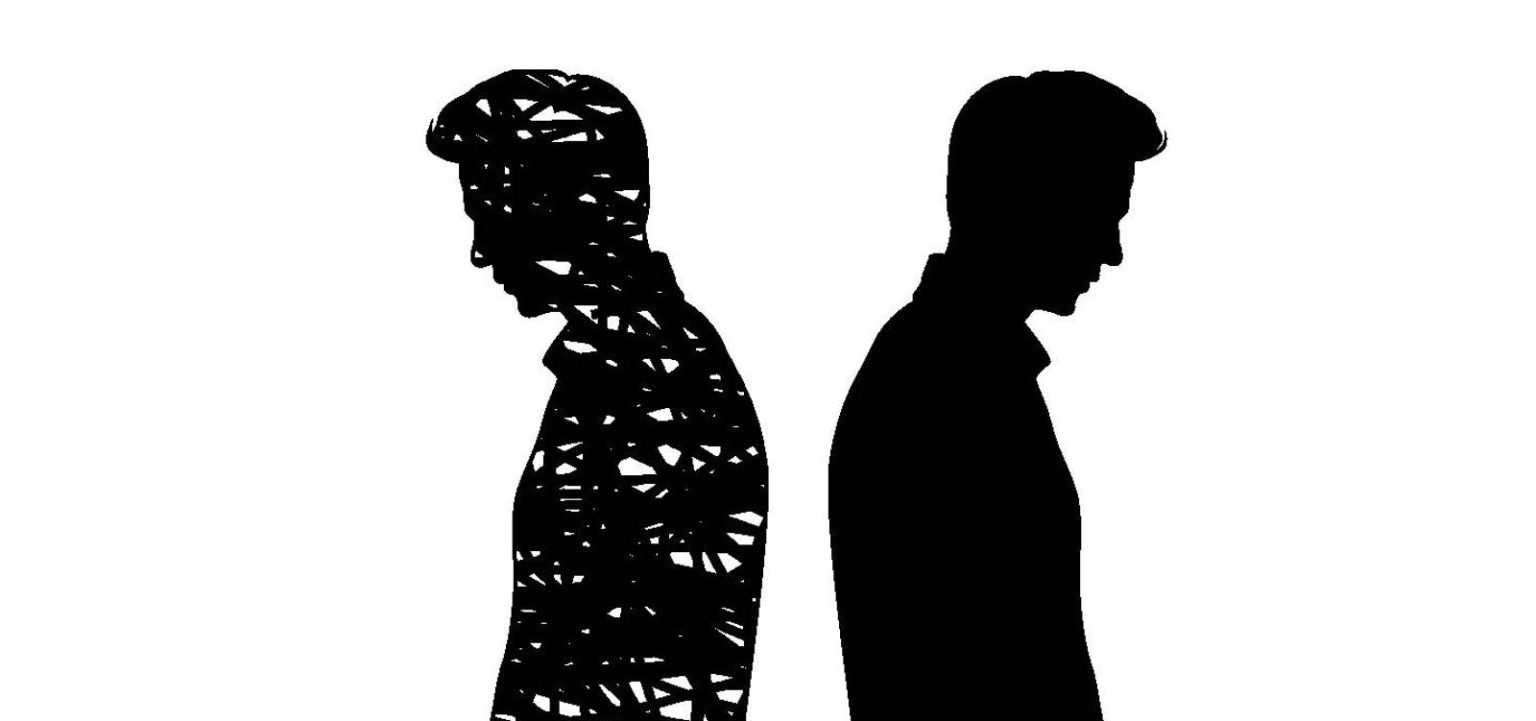In today’s fast-paced world, many people find themselves feeling disconnected from their bodies, going through the motions of daily life on autopilot. This sense of disconnection can take various forms, from subtle feelings of being out of touch with bodily sensations to profound feelings of estrangement from oneself. But what causes this disconnect? One factor is psychological trauma, which can lead to dissociation and a protective shield that separates the mind from the body to mitigate the impact of trauma. This detachment can manifest as emotional numbness, loss of bodily sensations, or feeling disconnected from one’s physical form.
Furthermore, dissociative symptoms can disrupt individuals’ ability to connect with themselves and others, exacerbating feelings of emptiness and hopelessness. Recognizing and addressing dissociation is crucial for healing from trauma and re-establishing a connection with the body. Therapeutic approaches such as trauma-focused cognitive-behavioral therapy (TF-CBT) and eye movement desensitization and reprocessing (EMDR) can aid individuals in processing traumatic memories and developing healthier coping mechanisms. Mindfulness and body-centered therapies can also help individuals reclaim a sense of presence and embodiment, facilitating a reconnection with their physical selves.
At a deeper level, existential angst and alienation can also contribute to a sense of disconnect from the body. With rapid change and uncertainty in the world, individuals may grapple with questions of identity, meaning, and mortality, leading to a feeling of confusion about their place in the universe. This existential turmoil may drive individuals to seek refuge in technology or virtual realms to escape reality, further deepening their sense of disconnect from the physical world. However, moments of quiet introspection and practices like tai chi, qigong, or yoga can help individuals unravel their feelings and rediscover the significance of their physical existence.
Despite the chaos of life, our bodies can provide a safe haven for us to connect with ourselves. Engaging in activities that encourage full embodiment and honoring our unique identities can help us find a deeper sense of connection and inner peace. It’s essential to prioritize reconnecting with our bodies and understanding the underlying causes of disconnect to foster healing and a sense of wholeness. Remember, our physical selves hold the wisdom and resilience needed to navigate life’s challenges and find a sense of balance and harmony.


